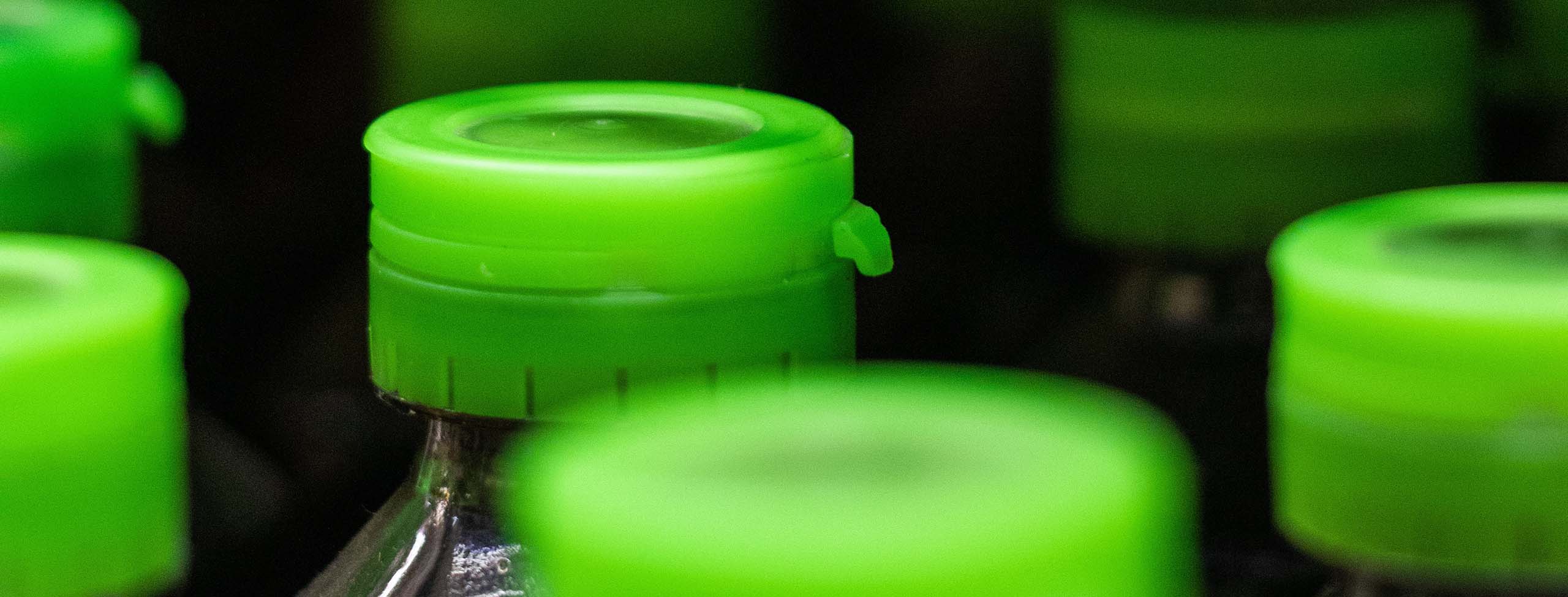
2 June 2023 • 7 minute read
Industrials Regulatory News and Trends - June 2, 2023
Welcome to Industrials Regulatory News and Trends. In this regular bulletin, DLA Piper lawyers provide concise updates on key developments in the industrials sector to help you navigate the ever-changing business, legal and regulatory landscape.
Global plastics pollution treaty negotiations taking place now. This week, the United Nations’ Intergovernmental Negotiating Committee for Plastics is meeting at UNESCO headquarters in Paris to resume negotiations on the creation of a legally binding international treaty that will address plastic pollution, including in the marine environment. The treaty process stems from last year’s UN mandate for a Global Plastics Treaty. This is the second of five slated meetings to negotiate the contents of the treaty, which must be completed by 2024 – an unusually short timeline. Nearly 200 countries are taking part in the negotiations, which began on Monday. Many countries involved in the talks have said that a goal of the treaty should be “circularity,” which means keeping already-produced plastic items in circulation as long as possible. A coalition of 55 nations has called for restrictions on certain hazardous chemicals, as well as bans on problematic plastics products that are hard to recycle and often end up in nature. While the United States is not a coalition member, a State Department official said that it agrees with the coalition but prefers an approach in which countries develop their own national action plans, similar to the Paris climate agreement.
Fast track for major construction projects in California? California Governor Gavin Newsom has announced a massive legislative package and signed an executive order that he said would make it easier to build transportation, clean energy and water infrastructure across California. The proposal, announced on May 19, aims to shorten the contracting process for bridge and water infrastructure; simplify permitting for complicated projects; and prevent lawsuits against certain water, transportation, clean energy, semiconductor and microelectronics projects from lasting longer than nine months, while allowing California to access hundreds of billions in federal aid for climate-friendly infrastructure. The proposed reforms, which are similar to exceptions that have allowed construction of major sport stadiums in Sacramento and San Francisco. would be limited to a few particular projects, most notably a giant tunnel to move water from the Sacramento region to Southern California and the massive Sites Reservoir, which would store water from the Sacramento and San Joaquin rivers as well as stormwater. Responding to the proposal, Assembly Republican Leader James Gallagher called for broader, more fundamental change to support public works statewide: “Rather than piecemeal exceptions for stadiums and pet projects,” he said, “it’s time for across-the-board reforms.” Environmental groups, meanwhile, are charging that the plan would weaken the California Environmental Quality Act. Barbara Barrigan-Parrilla, executive director of advocacy group Restore the Delta, said the plan would perpetuate environmental injustice and harm public and environmental health, commenting, “We have never been more disappointed in a California governor than we are with Governor Newsom.”
Airline alliance violates antitrust laws, court rules. On May 19, the US District Court for the District of Massachusetts ruled on antitrust grounds that American Airlines must end its alliance with JetBlue Airways. Agreeing with the US Department of Justice and several states that the alliance has reduced competition and has led to higher prices for consumers, the court ordered the two airlines to part ways within 30 days. “These two powerful carriers act as one entity in the northeast, allocating markets between them and replacing full-throated competition with broad cooperation,” the decision found. American is the largest US airline, and JetBlue is the sixth largest. The court noted that in 2020, the two airlines signed a deal called the Northeast Alliance and since then have essentially acted as “one airline” for most of their flights in and out of New York City and Boston, a market in which Delta is the only other major competitor.
Court rejects challenge to EPA’s greenhouse-gas protections. On May 25, the US Court of Appeals for the District of Columbia rejected attempts to overturn the EPA’s Greenhouse Gas Endangerment Finding. This finding is the basis for the EPA’s protections limiting greenhouse gases that can endanger people’s health and safety. A three-judge panel of the court dismissed, for lack of standing, lawsuits that were brought by the Concerned Household Electricity Consumers Council and the FAIR Energy Foundation. “Today’s ruling dismisses climate obstructionists’ lawsuits attacking EPA’s fundamental responsibility to protect people from climate pollution,” said Vickie Patton, general counsel of the Environmental Defense Fund, which was a party to the case. “EPA’s determination that climate pollution harms people’s health and well-being is solidly anchored in science and the law, which EPA and the courts have found numerous times in the face of repeated and flimsy attacks against it.”
Lithium company will not get grant under infrastructure law after legislators’ objections. On May 22, the US Department of Energy told Microvast Holdings, a lithium battery company, that it will not award the company a $200 million grant, after lawmakers cited concerns over the company’s alleged links to China's government. The department had been in discussions with Microvast over the grant to help build a plant in Tennessee. The grant is an outgrowth of the $1 trillion 2021 bipartisan infrastructure law. In a letter last year to Energy Secretary Jennifer Granholm, two Republican lawmakers criticized the decision to grant the funding, saying that Microvast had ties to the Chinese Communist Party that raised “serious concerns about the department’s ability to protect US taxpayer dollars.”
Toyota scientist says auto industry should go slower in switch to EVs. Just before a Group of Seven leaders’ summit in Japan, Toyota’s top scientist said that transitioning to electric vehicles too quickly could be counterproductive, leading drivers who cannot afford or who cannot acquire new EVs to hold on to their internal combustion vehicles or acquire them through the used vehicle market, creating more long-term damage to the environment. Speaking in Hiroshima on May 18, Gill Pratt, Chief Scientist and Executive Fellow for Research at Toyota, said that the world is not ready for the transition to fully electric vehicles and that the transition will take longer than many people expect, due to scarcity of battery materials and charging infrastructure and the higher price of EVs. “Eventually, resource limitations will end, but for many years we will not have enough battery material and renewable recharging resources for a BEV-only [battery electric vehicles] solution,” Pratt said. Calling for industry and governments to place more emphasis on hybrid vehicles during the transition, he said, "It will take decades for battery material mines, renewable power generation facilities, transmission lines and seasonal energy storage facilities to scale up.”
Manufacturers group lauds Supreme Court environmental ruling. On May 25, the US Supreme Court issued its long-awaited ruling in Sackett v. EPA, selecting a narrow definition of “waters of the United States” for the purpose of the Clean Water Act. In response, the National Association of Manufacturers wrote, “The Supreme Court’s decision today will put us on a path to regulatory certainty for manufacturers across the country as all the justices agreed that the EPA had overstepped its authority under the Clean Water Act. Manufacturers are committed to keeping our waters clean and demonstrating environmental stewardship, but Clean Water Act enforcement has been rife with ambiguities and inconsistencies, often allowing the EPA to overreach and attempt to regulate water - and even dry land - that is far beyond the scope of the law. This case demonstrates yet again why manufacturers and our economy need a sensible Waters of the United States proposal that provides clarity and certainty and allows the industry to continue leading the way on environmental protection.”


